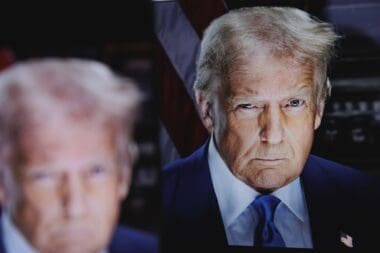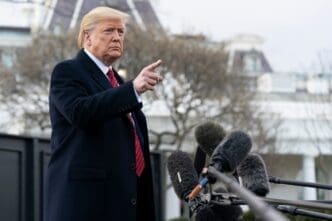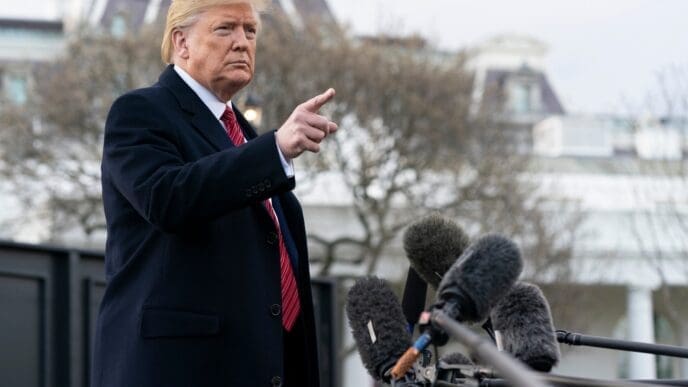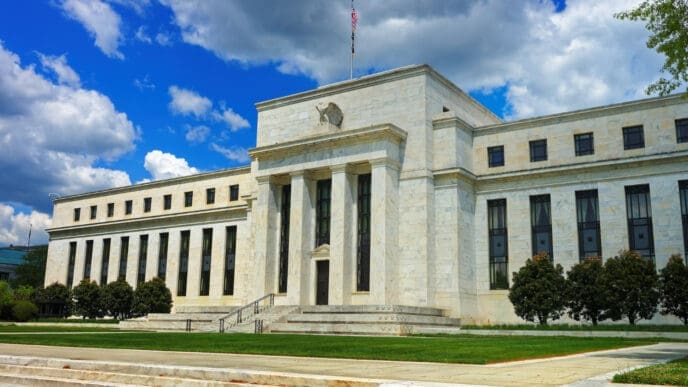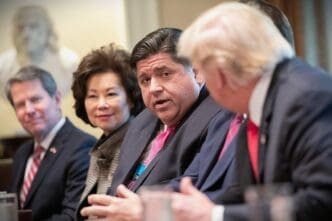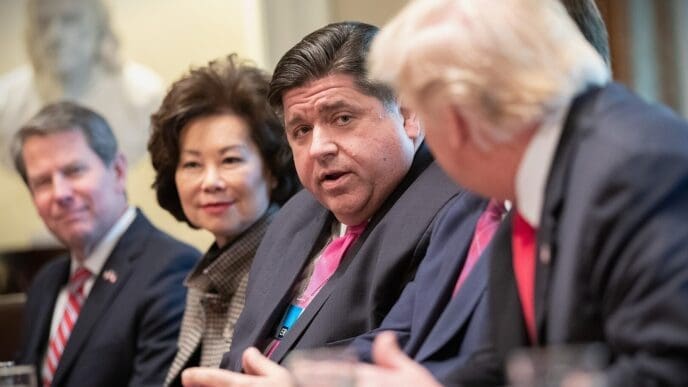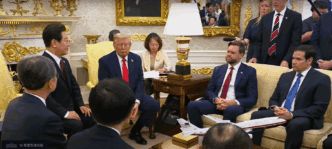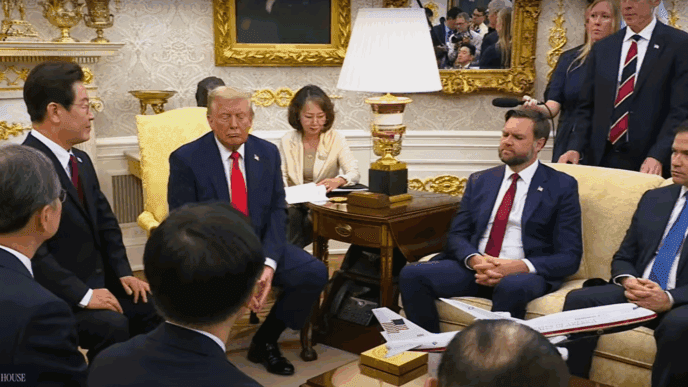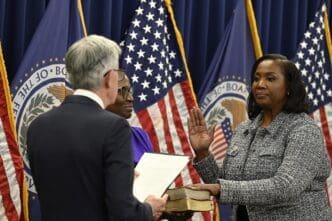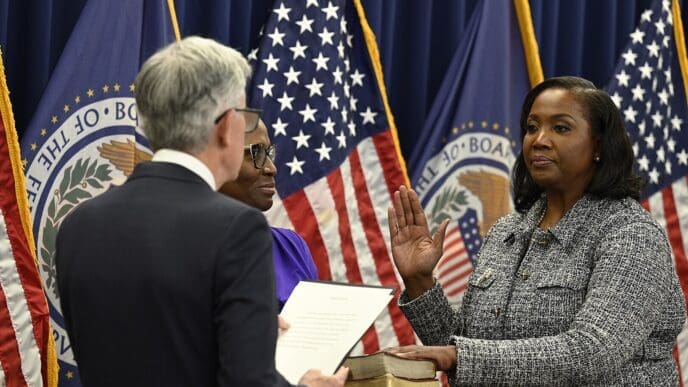Executive Summary
The Story So Far
Why This Matters
Who Thinks What?
President Donald Trump recently denied aspiring to be a dictator but simultaneously suggested that “a lot of people” might desire such a leader. This statement comes amidst growing evidence, including recent polling data, indicating an increasing openness among a significant portion of Republican voters to the idea of expanded executive power and reduced checks on authority, particularly for Trump.
Trump’s Comments and Public Opinion
On Monday, President Trump addressed his critics’ accusations of him being a dictator by stating, “I don’t like a dictator. I’m not a dictator.” However, he immediately followed this by noting, “A lot of people are saying, ‘Maybe we’d like a dictator.’” This addendum has been interpreted by the original article as potentially provocative or as an attempt to normalize the concept of expanded presidential powers among his base.
The analysis suggests that Trump’s observation about public sentiment aligns with a shift observed in recent polls. These surveys indicate a notable inclination among Republicans towards a more authoritarian approach to governance, challenging traditional conservative tenets of limited government and federalism.
Polling Data on Executive Power
A University of Massachusetts Amherst survey conducted last year highlighted this trend, asking about Trump’s comment that he wanted to be a dictator “only for a day.” Despite Trump characterizing it as a joke, 74% of Republicans endorsed the idea. While acknowledging the limited scope of a “one-day dictatorship,” the poll pointed to a broader “authoritarian-curious” sentiment within the Trump-era GOP.
Further demonstrating this shift, a Pew Research Center poll earlier this year found that 59% of Republicans and Republican-leaning independents agreed that many national problems could be better solved “if Donald Trump didn’t have to worry so much about Congress and the courts.” This figure rose to 78% among those who strongly identified with the Republican Party, indicating a strong desire for fewer institutional hurdles for Trump.
Beyond reducing checks, other polls cited in the original article suggest that between three and four in ten Republicans endorse some form of unchecked power for the president. This includes support for the idea of Trump seizing power, breaking laws, and violating the Constitution when deemed necessary, without oversight from Congress or the courts.
Context and Implications
The original article suggests that Trump’s use of the phrase “many people are saying” often precedes the promotion of ideas he favors, potentially serving to legitimize his pursuit of expanded authority. This pattern, coupled with the polling data, helps explain the lack of significant pushback from his base against his power assertions.
This discussion also occurs within a broader context where, in some extreme segments of the right, there is a growing argument for the country moving towards a more authoritarian model of government. This perspective can lead to the belief that one’s own political side should embrace authoritarianism before the opposition does.
President Trump’s recent comments, therefore, are not isolated remarks but rather reflect and potentially reinforce a discernible shift in a significant portion of the Republican electorate’s views on executive power and governance, a phenomenon that continues to warrant close attention.

